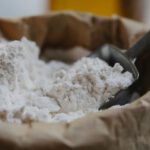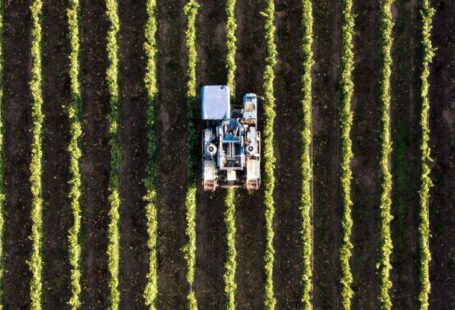Conserving water in your household is not only beneficial for the environment but also for your wallet. By implementing simple and practical water-saving practices, you can reduce your water consumption and contribute to sustainable living. Here are some of the best practices for conserving water in your household:
Understanding Your Water Usage
To effectively conserve water, it is essential to first understand how much water you are using on a daily basis. Take note of your water bill and monitor your water meter regularly to track your usage. By being aware of your water consumption, you can identify areas where water is being wasted and make necessary changes to reduce it.
Fixing Leaks Promptly
One of the most common ways water is wasted in households is through leaks. A dripping faucet or a leaking toilet can waste a significant amount of water over time. Inspect your plumbing fixtures regularly and fix any leaks promptly to prevent water wastage. Not only will this help conserve water, but it will also save you money on your water bill.
Installing Water-Efficient Fixtures
Upgrading to water-efficient fixtures is a simple yet effective way to conserve water in your household. Consider installing low-flow showerheads, faucets, and toilets to reduce your water usage. These fixtures are designed to maintain water pressure while using less water, helping you save water without compromising on performance.
Taking Shorter Showers
Reducing the time you spend in the shower is an easy way to conserve water. Aim to take shorter showers and avoid leaving the water running while you lather or shave. You can also consider installing a shower timer to help you keep track of your shower time and limit water usage.
Collecting Rainwater
Another way to conserve water in your household is to collect rainwater for outdoor use. Installing a rain barrel or a rainwater harvesting system allows you to capture rainwater and use it for watering your garden or lawn. This not only helps reduce your reliance on municipal water sources but also helps conserve water during dry periods.
Opting for Full Loads
When using your dishwasher or washing machine, make sure to wait until you have a full load before running them. Running these appliances with partial loads wastes water and energy. By waiting for a full load, you can maximize the efficiency of these appliances and reduce your water consumption.
Watering Wisely
When watering your plants or lawn, do so early in the morning or late in the evening to minimize water evaporation. Avoid watering during the hottest part of the day, as this can lead to water loss due to evaporation. Additionally, consider using a soaker hose or drip irrigation system to deliver water directly to the roots of your plants, reducing water waste.
Monitoring Your Outdoor Water Usage
Keep an eye on your outdoor water usage, especially during the summer months when water demand is higher. Avoid overwatering your lawn or garden and adjust your sprinkler system to avoid watering pavement or areas that do not need it. By monitoring and adjusting your outdoor water usage, you can conserve water and maintain a healthy landscape.
Investing in Water-Saving Appliances
Consider investing in water-saving appliances, such as Energy Star-rated dishwashers and washing machines. These appliances are designed to use less water and energy, making them an environmentally friendly choice for your household. While the initial cost may be higher, the long-term savings on your water bill make them a worthwhile investment in water conservation.
Making these simple changes and adopting water-saving practices in your household can have a significant impact on your water consumption. By being mindful of how you use water and implementing these best practices, you can contribute to a more sustainable future while saving money in the process. Start small and gradually incorporate these practices into your daily routine to make a positive difference for the environment and your household budget.





